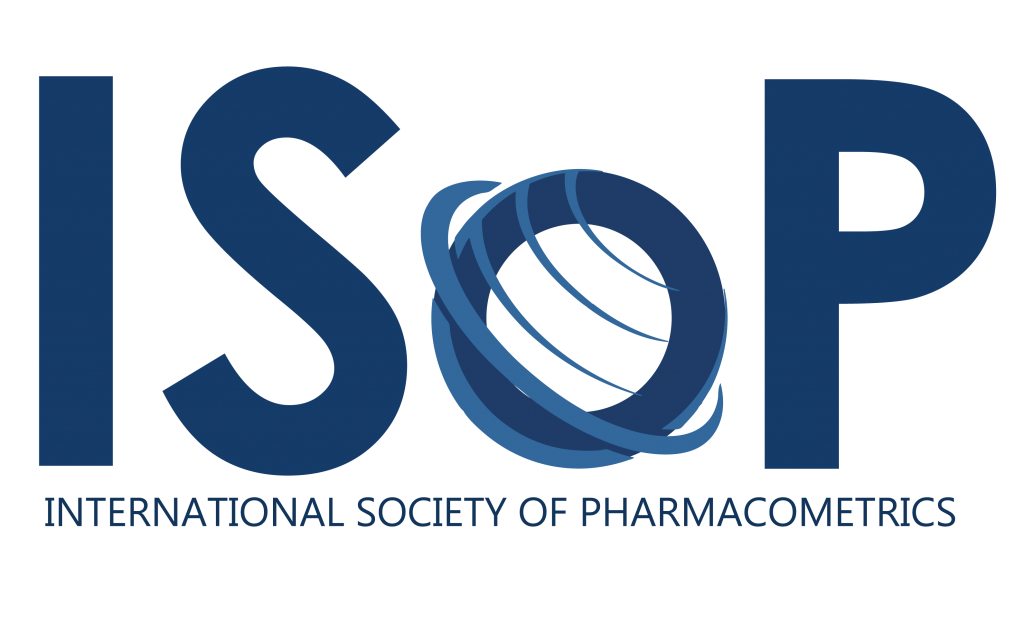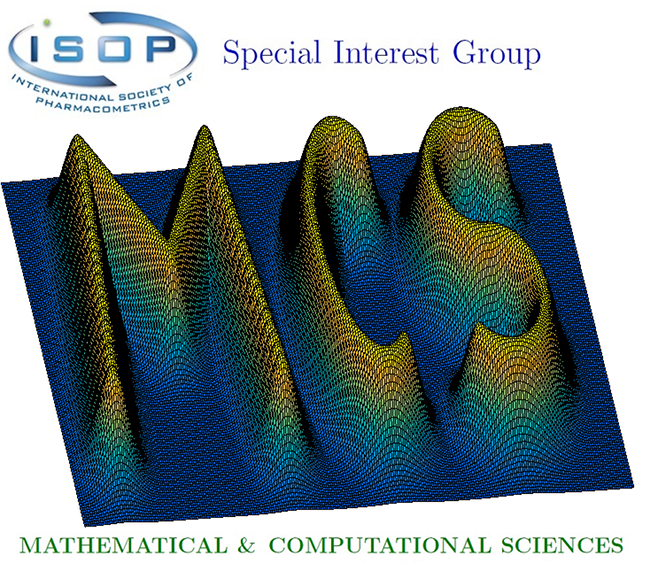|
|
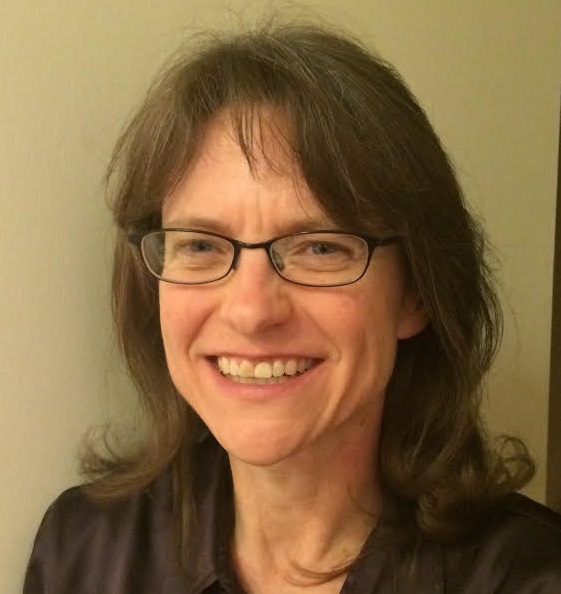 Helen Moore (Chair) |
Dr. Helen Moore is a mathematician and Principal Scientist at AstraZeneca in the Boston area. She received her PhD in mathematics in 1995 from Stony Brook University. Her original work in differential geometry focused on shapes that minimize volume under certain constraints. Over a period of 11 years in academia, she won two teaching awards and received a National Science Foundation grant for her research. While at Stanford University, she began collaborating with faculty in the medical school, and shifted her use of optimization techniques to apply them to therapies for cancer, HIV, and hepatitis C. Dr. Moore was the Associate Director of the American Institute of Mathematics in Palo Alto, California for four years. Her first industry position was in the Modeling and Simulation group at Genentech. She later worked at Pharsight/Certara in both the consulting group and as a software and nonlinear mixed-effects modeling instructor. She returned to the east coast in 2014 to join Bristol-Myers Squibb, and moved to AstraZeneca in 2018. She uses mathematics and statistics to model diseases and drug concentrations to optimize drug regimens and improve drug development. She was recently named a Fellow of the Society for Industrial and Applied Mathematics. |
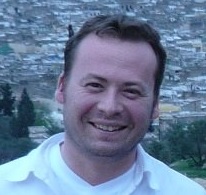 Gilbert Koch (Vice Chair) |
Dr. Gilbert Koch is an interdisciplinary scientist with mathematical background. Currently he works as Senior Research Fellow in the Pediatric Pharmacology and Pharmacometrics Group at the University Children’s Hospital in Basel, Switzerland. Additionally, he holds an Adjunct Assistant Professor position at the University of New York at Buffalo, NY, USA. Dr. Koch's interests are pediatric and rare disease related optimal drug dosing questions, modeling of drug-drug interaction at various levels, advanced mathematical modeling techniques such as delay differential equations, mathematical rigorous optimization approaches to compute optimal dosing regimens, target-mediated drug disposition models with more drugs and more targets, and finally development of decision support tools to assist clinicians in daily practice. His PhD was sponsored by Nycomed (now Takeda) and his PostDoc at the University at Buffalo, NY, was funded by Fonds National de la Recherche Luxembourg, Marie-Curie Action. |
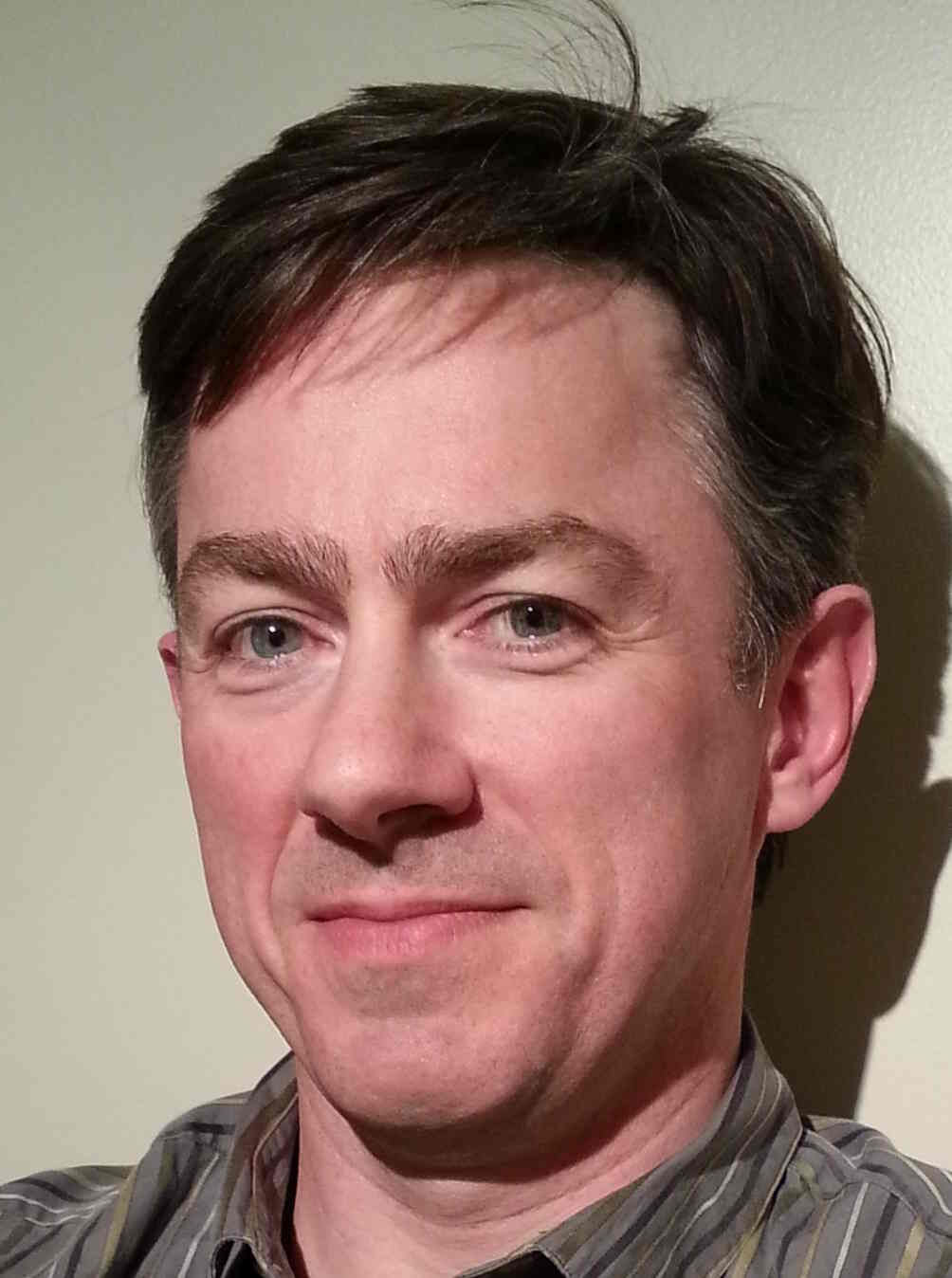 Frank Gibbons (Secretary) |
Dr Frank Gibbons received his PhD in physics from Northeastern University in Boston, MA, for his work developing computational models of complex systems, such as mitotic-spindle assembly. He is currently Principal Scientist in the Oncology DMPK group of AstraZeneca’s IMED Biotech Unit, based in Waltham, MA. He has over 20 years’ experience applying computational techniques to biological systems, having published in genomics/proteomics (prediction of gene function, protein complex membership, and protein identification from tandem mass-spec). His current role involves building mechanistic pharmacokinetic/pharmacodynamic models of efficacy and toxicity to support cancer-drug development, participating in and leading external collaborations, and mentoring post-baccalaureate and post-doctoral scientists. |
Steering Committee Members:
- Dean Bottino
- Jeroen Elassaiss-Schaap
- Anna Kondic
- Wojciech Krzyzanski
- Carl Panetta
- Craig Thalhauser
- Coen van Hasselt
- Yuan Xiong
- Peiying Zuo
- Cynthia J. Musante, ex officio
Elections
Elections are held once per year. The Vice Chair assumes the role of Chair and the Secretary assumes the role of Vice Chair when those respective positions are vacated.
Our Home on the Web
Visit our homepage here for news and updates on our activities.
Join the SIG
Are you interested in receiving updates and participating in SIG discussions? Join the ISoP MCS SIG today, click here.
